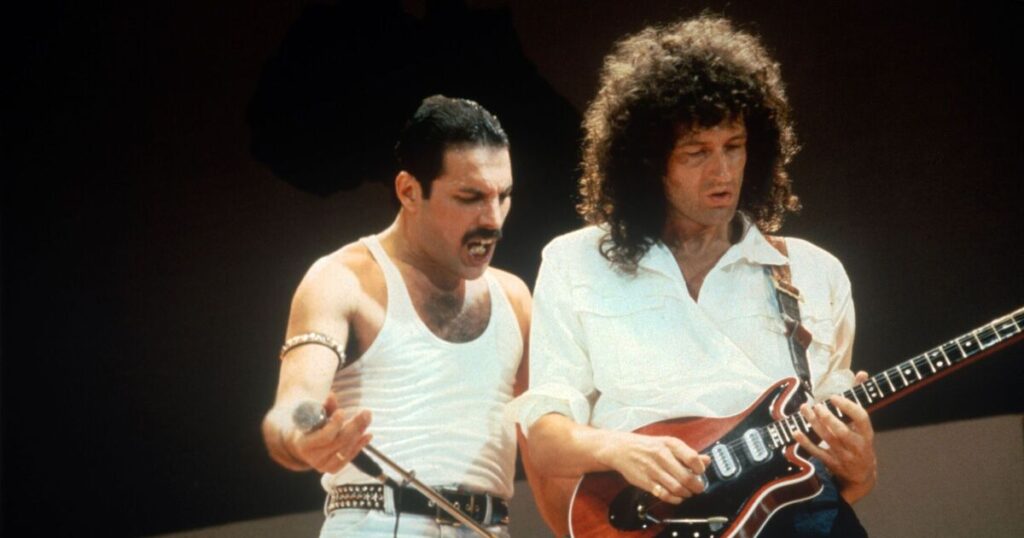
By the late 1970s, Queen were firmly established as one of the world’s biggest rock acts. Their 1977 album News of the World had delivered two stadium anthems in ‘We Will Rock You’ and ‘We Are the Champions’, songs that quickly became known by most.
When the band regrouped to make their follow-up, Jazz (1978), they found themselves juggling ambition, experimentation and the occasional creative clash.
Among the most surprising disagreements was over ‘Don’t Stop Me Now’, a track that would later become one of Queen’s defining hits. Written by Freddie Mercury, its infectious piano riff and celebratory lyrics captured the frontman at his most exuberant. Yet, at the time of recording, not everyone in the band was convinced.
Brian May, Queen’s guitarist, later admitted he had serious reservations about the song. Speaking in a 2019 interview with Guitar Player, he recalled: “I didn’t really take to it in the beginning. I didn’t feel totally comfortable with what Freddie was singing at the time. I found it a little bit too flippant in view of the dangers of AIDS and stuff.”
Although the AIDS epidemic would not become widely recognised until the early 1980s, the subject weighed heavily on May’s mind in retrospect.
The song’s message of indulgence and unrestrained hedonism went against his instincts, even as Mercury’s force of personality ensured it made the album and was released as a single.
‘Don’t Stop Me Now’ initially charted modestly in the UK and US, but over the decades it grew into one of Queen’s most streamed and celebrated tracks.
“I had to give in. It’s a great song – there’s no way around it,” May said in the same interview. “I think that’s what Freddie had an amazing knack of doing: he could put his button on things that make people feel a bit more alive.”
Today, the song remains a highlight of Queen’s live shows with Adam Lambert fronting the band. May has come to embrace it fully, describing how its enduring popularity transforms his view.
“I don’t have any quarrel with it now – I enjoy playing it onstage. It’s wonderful that everyone wants to sing it,” he reflected.
“In singing with us, they express their own joy and their own determination to make the best out of their lives and to keep on and not get knocked down by things.”
